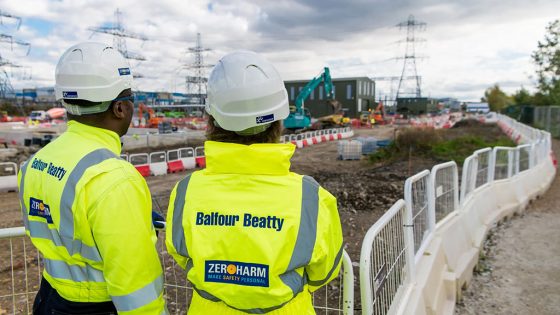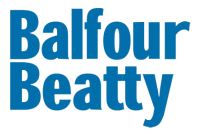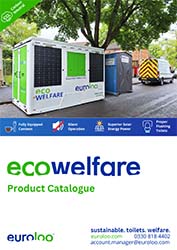February 2024 - March 2024
Avonmouth, Bristol
Introduction
They aim for Beyond Net Zero Carbon by 2040, working to reduce their environmental footprint and positively impact their work environments.
Their commitment extends to ensuring all procured products and materials aim for net zero carbon by 2040, including the move towards using electric, hybrid, or hydrogen-powered solutions for their plant and fleet.

The Requirement
Balfour Beatty needed a sustainable, efficient, and cost-effective solution for their Avonmouth, Bristol site welfare unit.
Traditional diesel generators were no longer viable due to their environmental impact, noise pollution, and high operational costs.
The Solution
Boss Cabins introduced the ecowelfare Solar Welfare Unit, a 12ft 7 Person unit with Canteen and Twin Toilet.
This 100% solar-powered unit was designed to operate fully without the need for diesel generators, thereby eliminating fuel consumption, emissions, servicing, and repair costs associated with traditional units.
The Conclusion
The ecowelfare unit demonstrated exceptional performance despite high usage, maintaining a battery state of charge above 75% for the majority of the time. The unit’s low-consumption heater used just 15.8 liters of fuel throughout the trial, leading to significant savings and environmental benefits. Balfour Beatty saved at least 240 liters of fuel and avoided 614kg of CO2 emissions, translating to a weekly operational cost saving of £603.50 compared to traditional units.
The trial proved the viability of the ecowelfare unit under extreme conditions, with continuous operation and no issues. Daniel Guider, Site Engineer at Balfour Beatty, praised the unit for its performance and cost-saving benefits.
The collaboration between Balfour Beatty, Boss Cabins and euroloo’s ecowelfare units marks a significant step towards sustainable construction practices, aligning with both companies’ goals to reduce their environmental impact and innovate for a greener future.











